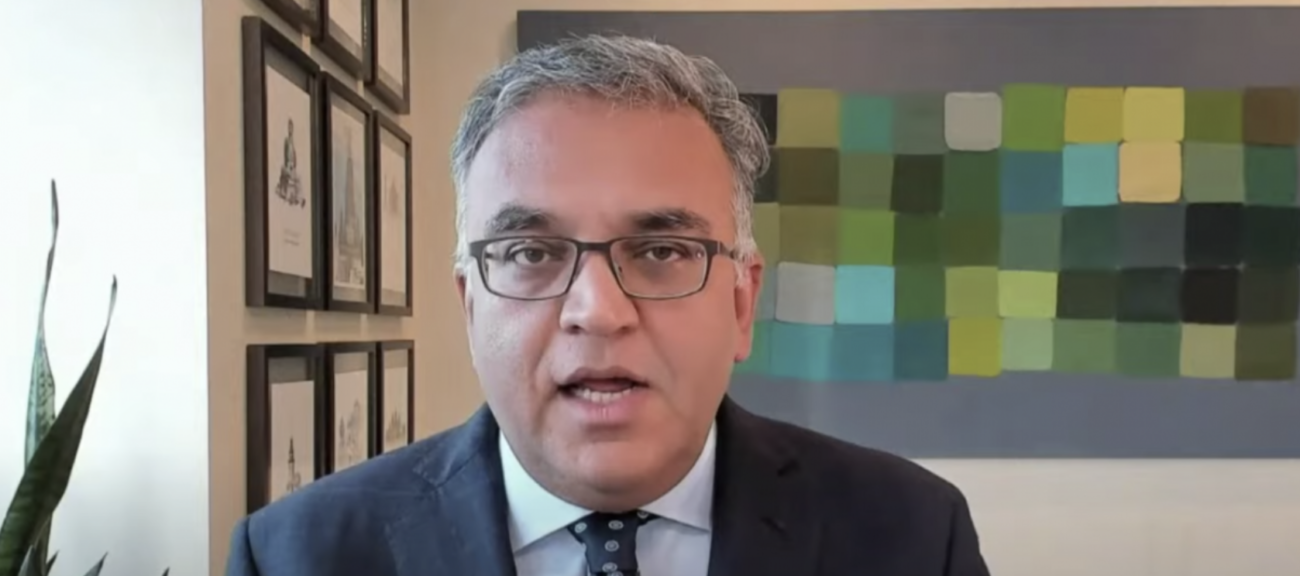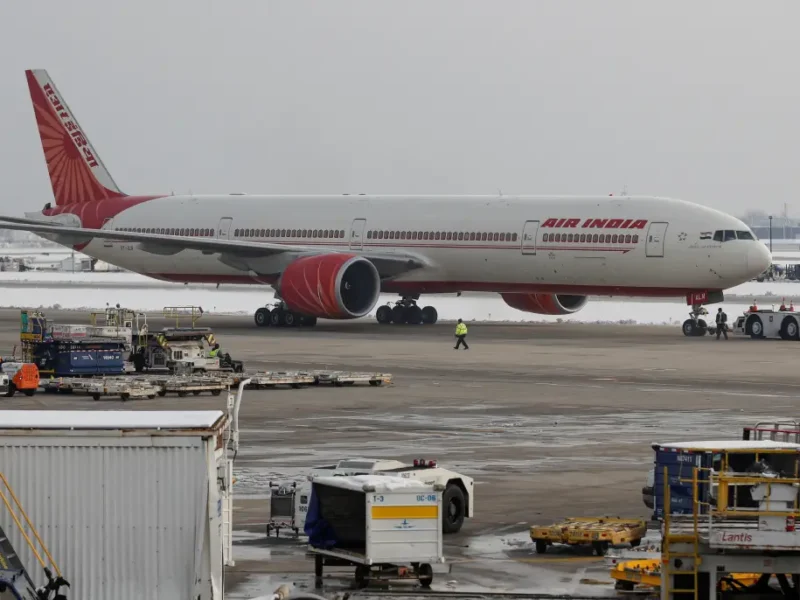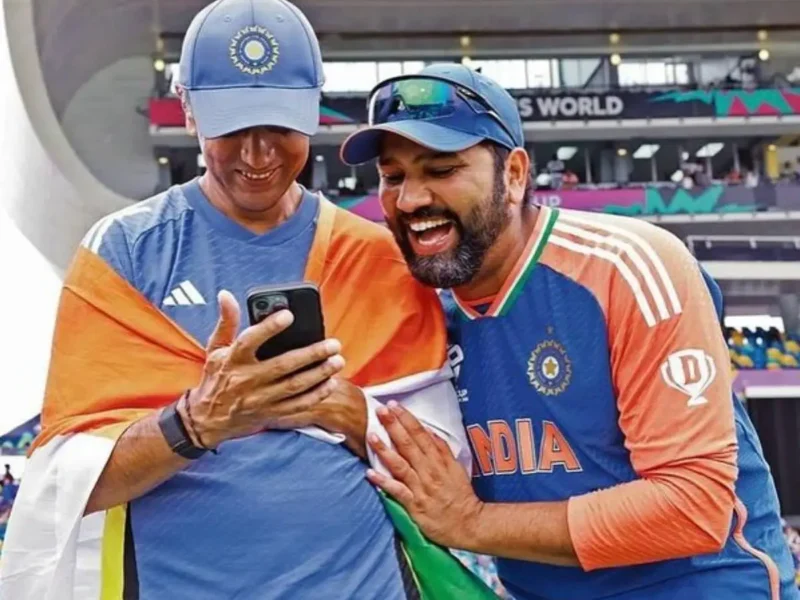
Brown University Public Health Dean Ashish Jha Testifies on COVID Vaccine Efforts
Brown University’s School of Public Health Dean Dr. Ashish K. Jha testified at a U.S. Congress committee hearing regarding the COVID-19 vaccination efforts. The Indian American health policy researcher is called on frequently by government leaders and journalists to offer analysis and advice on the pandemic. (brown.edu photo)
India-West Staff Reporter
Brown University’s School of Public Health Dean Dr. Ashish K. Jha was among those testifying during a U.S. Congress committee hearing on the state of the nation’s COVID-19 vaccination effort.
Jha shared insights on how the country can learn from early vaccine rollout failures and build on successes to accelerate the pace, scope and equity of vaccine distribution in the U.S., the university noted in a news release.
Jha, an Indian American physician and health policy researcher called on frequently by government leaders and journalists to offer analysis and advice on the pandemic, was one among a panel of experts asked to testify for a Feb. 26 hearing titled “The Path Forward on COVID-19 Immunizations.”
Held virtually, the hearing was convened by the U.S. House of Representatives Ways and Means Committee’s subcommittee on health, the release noted.
Jha started by acknowledging the remarkable achievements of scientists in developing multiple highly effective, safe vaccines, made possible by the billions of federal dollars invested in vaccine development and manufacturing, it said.
However, he pointed to a top-level failure in efficiently and equitably distributing those vaccines to people across the country.
“The Trump administration failed to pay adequate attention to what happens after vaccines are produced and delivered to states,” Jha said. “Vaccines don’t end up in people’s arms by themselves. The states were largely unprepared, short on staff, with an exhausted public health workforce, and no concrete plans for implementation. And unfortunately, the Trump administration did too little to help them.”
The messy vaccine rollout began to improve over the past month, Jha said, when Congress stepped in to authorize resources to help states implement distribution plans, the university noted.
But even at the time of the testimony, only 7 percent of Americans had received both doses of the vaccine, a rate far short of the Operation Warp Speed goal of 50 million people fully vaccinated by the end of January, it said.
Given a lack of federal financial and logistical support, Jha said, states have varied widely in terms of immunization rates and efficient use of vaccine supply.
While there have been successes in states like West Virginia, Connecticut and New Mexico, one area where nearly all states have struggled is in equitable distribution of vaccines, the release said.
“The communities that have been hit the hardest by pandemic, Black and Latino communities, are the communities least likely to have been vaccinated…” Jha said. “We must do better.”
Jha in the hearing offered a series of recommendations to Congress, including strengthening federal-state partnerships in public health; improving state data collection based on race and ethnicity to see which distribution and communication strategies are most effective; focusing on Black and Latino communities; following the example of successful states in investing in distribution infrastructure; and streamlining access to vaccines.
Jha ended on a note of optimism, the release noted.
“We are very close to the finish line with this pandemic,” he said. How quickly will we get there? “That is ultimately up to us.”




